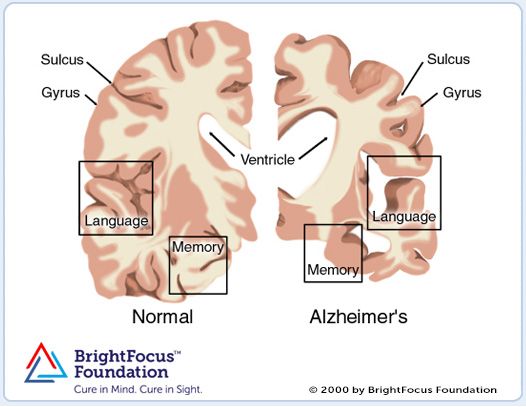
A detailed Alzheimer’s overview can be difficult to read without a medical professional’s help. However, there are several common symptoms of this disease that should be addressed immediately. The most important signs are memory loss and changes in thinking. It’s important to discuss these concerns with a doctor or caretaker, and to take a look at the available research. The brain is made up of trillions of cells, each of which plays a vital role.
While no cure is currently available, there are medications available to ease symptoms and improve quality of life. Cholinesterase inhibitors, for example, can help patients with their cognitive symptoms by improving neural communication across the brain. One FDA-approved medication for moderate-to-severe Alzheimer’s is memantine. Both of these medications are very effective, and the FDA has approved memantine for the treatment of Alzheimer’s patients.
A patient’s symptoms may start slowly, and may not be recognized until they’ve been present for several months or years. As the disease progresses, they may become increasingly disoriented, moody, and even violent. They may not remember important details of the past, or might not recognize their surroundings. The symptoms will only become more difficult as the patient becomes more physically impaired and requires around-the-clock care. When this occurs, the patient’s ability to communicate and perform daily tasks will be impaired.
As the disease progresses, the symptoms will continue to worsen. A patient may need assistance with everyday activities, such as dressing, grooming, and using the bathroom. In some cases, the patient may lose control of bowel movements. Severe Alzheimer’s affects a person’s ability to move and interact, and they may even require 24-hour care. The most common symptoms of Alzheimer’s include a decline in memory and a decline in physical capabilities.
While the symptoms of Alzheimer’s disease vary from person to person, the progression of the disease is usually the same in all stages. As the disease progresses, it may present with mood changes, aggressive behavior, and difficulty performing everyday tasks. An Alzheimer’s patient will eventually need 24/7 care and support. This can be a difficult period for a family member. In later stages, the disease can even lead to the death of a person.
Although there is no cure for Alzheimer’s disease, there are many medications that can relieve symptoms and improve the quality of life for patients with the disease. In addition to cholinesterase inhibitors, these drugs work by increasing the level of neuronal communication in the brain. Although these treatments are not a cure for the disease, they can help people manage their symptoms. A comprehensive overview of the illness can help caregivers understand the illness and symptoms. It’s also helpful to look at other books, such as the Journey Review, which helps you identify the different types of Journeys.
Although a comprehensive review of the disease is necessary, the symptoms of the disease can be difficult to recognize. People with Alzheimer’s disease should receive regular medical care. Early diagnosis will help patients cope with symptoms and avoid complications that often accompany the disease. Symptoms of Alzheimer’s disease include the following: "scary memories"; “Alzheimer’s disease is not a progressive disease, but tends to progress rapidly. As a rule, in a person with Alzheimer’s disease, the disease develops in the later stages.
The first stage of Alzheimer’s disease is not life-threatening. This may only require care in later stages when the patient shows more obvious symptoms. The role of the caregiver is to help the loved one cope with the symptoms. It can also be a rewarding experience. The caregiver needs to be aware of the positive and negative aspects of caring. This can improve the relationship between the two of them. Site https://thai-manga.com/ reminds that a family member with an illness can make a better decision regarding the care of a loved one with an illness.
As the disease progresses, the symptoms become more noticeable. At this stage, the person may lose their memory and even become aggressive. Other symptoms of the disease include difficulty swallowing and walking. The healthcare worker should also be aware of the possible symptoms of the disease. The caregiver must also be aware of the patient’s pain and discomfort. You should not force a loved one to live with the symptoms of the disease, because it is difficult for him to take care of himself.